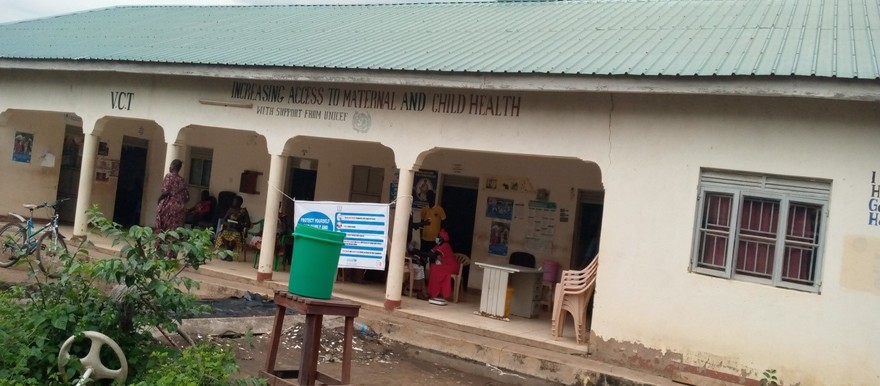A large number of pregnant women are missing out on antenatal care services in Torit town in Eastern Equatoria state due to fears of the coronavirus pandemic, a midwife has said.
“Since the beginning of the coronavirus, attendance of pregnant women has reduced. In a week, you will get like 60 which is very small indeed. In a month, we get like 200 and before this pandemic, we used to register 300 or 400 pregnant women per month,” said Abuni Beatrice Juwa, a UN volunteer midwife at Torit hospital.
“Women fear that they will get the virus when they come to the hospital. As such, the number has significantly dropped. They should not fear the hospital because pregnant mothers need medical services so that they can know the situation of their babies,” she added.
Speaking to Radio Tamazuj, the midwife said different days have been scheduled for those with cards and those without to create space at the hospital.
She further said hygiene materials have been provided at the hospital and citizens have been urged to observe social distancing rules.
According to the WHO, uses of masks by the general population in the community setting are to reduce potential exposure from someone who is sick and contagious, but may not have symptoms.
Paska Kulang, a resident of Hai Addis Ababa, urged people to wear face masks in public to prevent the spread of the novel coronavirus.
Meanwhile, Rose Kulang, a clinical officer at Torit hospital said they lack Personal Protection Equipment at the health facility. She called for support to ensure pregnant mothers are protected.
The COVID-19 taskforce chairperson in the state, Dr. Elijo Omoro Tahir said the entire state lacks Personal Protection Equipment.
“We have been communicating with Juba to send PPEs [Personal Protection Equipment], but we have not yet received them,” he said.
The U.S. Centers for Disease Control and Prevention (CDC) recommends the use of Personal Protection Equipment every day by healthcare personnel to protect themselves, patients, and others when providing care.
CDC says the PPE helps protect healthcare personnel from potentially infectious patients and materials, toxic medications, and other potentially dangerous substances used in healthcare delivery.




